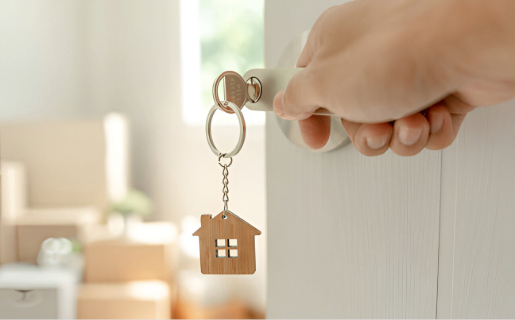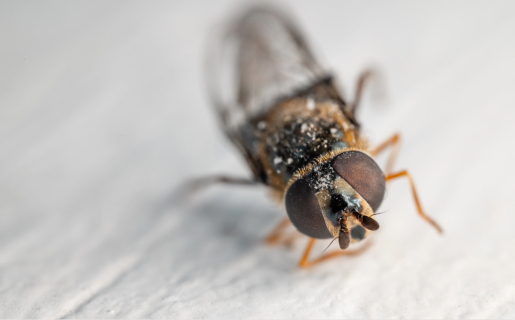The rainy season is here and no doubt that we all love staying indoors during this cool weather. Since the rains are here to stay for the next few months, we have to pay extra attention to prevent leakages, fungus and other possible defects in our homes. Don’t ignore those small damages that you may notice around your house this season. Moreover, maintaining good hygiene is paramount during these difficult times when we are all facing the viral pandemic threat.
Here we are sharing 7 ways to rainproof your home to stay healthy and comfortable this season:
Wall cracks are mostly the first sign of damage that you may notice in your house. Both the exterior and interior walls can be affected by rains. If the walls are not coated with waterproof paint, then water may seep in and form cracks. This can also lead to fungal growth and musty odor in your living space. So keep an eye on these wall cracks and talk to your architect if you need some help. Always try to choose weatherproof paints for your home while planning to get your house or apartment painted. Fungal growth or mold can be removed using cleaning agents like bleach or a disinfectant liquid.
Frequent rains can cause clogging of drain pipes and water outlets in your house. If you find leakages on any of the pipes call your plumber and get it fixed before it gets worse. Also, water-logging around your house can cause the breeding of mosquitoes and other insects. Try to clean the dirt from all drainage holes to ensure smooth flow of rainwater.
Staying indoors during the rainy season can be very gloomy as there is less sunlight coming in and more humidity in the rooms. Ensure good ventilation in your rooms to create more freshness and prevent unpleasant odors. When it stops raining, remember to keep the windows open to let air flow in. Using a dehumidifier will help to reduce the dampness and musty odor caused due to the growth of mold and mildew.
During monsoon, any defects in electrical wiring or switchboards must be repaired without fail. Not addressing these issues can pose a threat for people living in the house as it may cause unexpected shock and short circuits. It is ideal to seek help from your electrician to inspect all your house electrical system to ensure maximum safety for you and your family. He can help you replace the loose wires, defective switches and other electrical fittings.
Indians are very particular about wooden furniture and most often these are passed on from one generation to another. Whether it is your newly bought set of wooden furniture or those antique pieces you have acquired from your ancestors, you should take special care to protect them during the rainy season. Do not expose any wooden furniture to the rains as it can damage the wood and make it useless. The dampness and moisture in the atmosphere can destroy the wood and leather upholstery. Wipe your furniture with a dry cloth to remove mold and fungus growing on the surfaces. If your house has wooden floors, get it coated with was or polish to make it waterproof. Place your wooden furniture away from doors and windows. Using camphor balls or cloves inside your wooden cupboards and closets helps to absorb moisture.
During the rainy season, you may have noticed that the wooden doors and windows in your house tend to swell. This is because of the increased moisture content in the atmosphere. You may find it difficult to close the doors due to swelling. Try to scrape off the swelled portion of the door with sandpaper or seek help from a carpenter to solve this issue. Even metal door and window frames may get damaged due to excess water falling on them. Painting your doors and windows with weatherproof paint can help to prevent rusting and further damage.
Monsoon is a time when people come inside the house with water dripping from clothes and footwear and this will eventually create a damp atmosphere. This water gets absorbed on the floor carpets making it dirty and unhygienic. So remember to keep those floor carpets and rugs rolled away to prevent musty odor and growth of microbes inside your house. Make sure that you air out the carpets and rugs before you store them away. You can use polythene sheets to keep them wrapped neatly.
Rains bring great relief from the scorching summer heat and it is a season that we all look forward to. But if you don’t prepare your house for the rainy seasons, you may have to face many unpleasant experiences every day. Get ready to enjoy this refreshing season by taking the above-mentioned precautions. If you found these tips useful, we hope that you will share it among your family and friends.

When you buy a new home, all you can think about is moving in and maybe even hosting a ceremony! However, is moving into a new apartment just about finishing the paperwork, fixing a date and...

Living in a shared residential space comes with many advantages, but it also increases the chances of pest problems. Apartment pest control is essential because pests can easily move between...
Comments